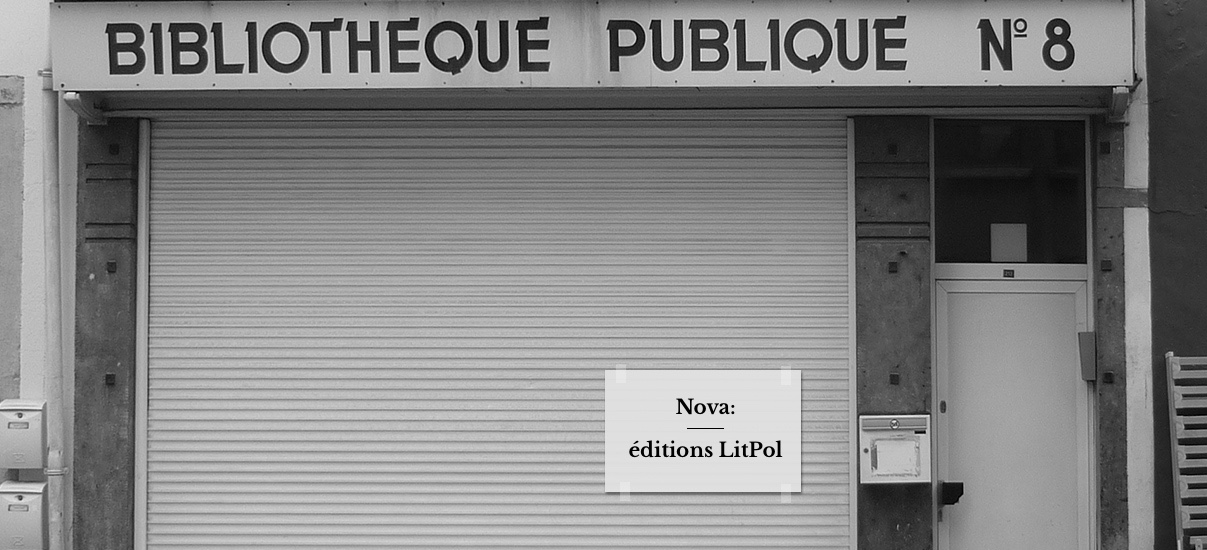You can hardly have failed to notice. Populism has become the upper class tell-all catchword. This week's Time magazine cover (dated March, 20th) shows Marianne Le Pen and Geert Wilders and the block-headed caption reads "Can Europe Survive the New Populism?". It is meant to be scary. On BBC World Service, March 15th, it's election day in the Netherlands and the outgoing premier Mark Rutte is quoted as telling voters not to opt for the "wrong kind of populism". My oh my...
More of the same in the Belgian paper La Libre, that day, the editorial describes Rutte's far-right opponent Geert Wilders as "xenophobic and islamophobic", one of many who have jumped on the unsavioury populist bandwagon. The paper falls short of calling itself "populistaphobic" but you can't miss the drift. Now, Wilders is, up to a point, popular: does it make him a populist?
It does remind one of the (upper class) reaction to the British EU-referendum, last year. More than half of the voters cast their ballot in favour of leaving the EU and what was the over-riding media comment? A frigging bunch of populists, all of them. Same thing when Donald Trump was elected in the United States. It boiled down to a one-word analysis: populism, the same frigging bunch.
By whom, of whom?
Populism is a term of dislike. Well, then it should follow: by whom and of whom? Clearly, to make things short, whoever is against the establishment, or says something against it, will qualify as a populist. By the said establishment - which in turn encompasses most media outlets, all corporate CEOs, most academics whose living depend on institutional handouts, almost all political figures embedded in the upper social strata, and so on: the upper classes, if you will. All those who stand to lose their golden chains. The 1% and its yelping tail-wagging cheer-leaders hoping for some crumbs.
It's a funny thing. The way some people rely on word magic. And with immense historical ignorance, too. Populism, see, is hardly a new thing. Among its rather prestigious specimens of yore, you can count in Joseph II, the Habsburg monarch of the late 17th century. The despotic ruler, a populist? Well, of sorts.
The vested interests, say
Reviewing Derek Beale's biography of Joseph II in the Times literary supplement, TLS for short, (July 31st, 2009), Steven Beller made good note of the fact that old Joseph stood for universal elementary education, land-grabbing (from the church) & the abolishment of serfdom, thereby fighting "particularism, obscurantism and the vested interests of the entrenched elites". These politics, says Steven Beller, "made him almost a populist, for it meant that he despised the stratified system of privilege on which nobility and clergy relied". It's a nice showcase of the rule of the tumb mentioned above: whenever there's dislike shown for populism, ask yourself By Whom, Of Whom?
Now, granted, the popular backlash that hit the Brussels crowd through the Brexit vote and, a few months later, trumping the Clinton War Room, wasn't quite of the same kind as the one seen backing anti-establishment figures in France and the Netherlands. There are other issues at stake.
Phobiaphobic
The politics of immigration often take the lead and, sad to say, with good reason, there is a growing number people who are fed up. They feel their country has been robbed from them, what once was familiar surroundings isn't anymore. Are they on those grounds "xenophobic" or "islamophobic"? If you resort to such magic words, that's the only thing you'll get: magic thinking. Take the Algerian novelist Boualem Sansal for instance whose "howl of pain", the TLS reports (March 3rd, 2017), is in no small measure due to the transfiguration of his country: "his home town had one mosque, now there are eleven". Anyone who has grown up guided by the principles of the Enlightenment cannot but be horrified. (And phobic is hardly the right word then.)
Among the other issues, both in France and in Belgium, there's of course also the stream of scandals involving greedy politicians on the take, scrambling for juicy boardroom payoffs. It make the whole system look corrupt.
Class racism
By the way. If the uses and misuses of the word populism are of any interest you might look up the July 2014 issue of Le Monde diplomatique. Nice article there by Gérard Manger in which the quaint notion of "class racism" is set up as an antonym of populism: the racism shown towards people who don't vote as expected (ie make the wrong choice) and, it goes without saying, are too stupid to understand what the vote is about.
It's the same story all over again. Populism? Who says? About whom?
